Dominika Stojanoska, UN Women Country Representative in Moldova: “Small grants enable greater future opportunities for Moldovan CSOs!”
Date:
People with disabilities are one of the most vulnerable groups in society, especially during crisis situations. After fleeing the war in Ukraine, people with disabilities who moved to Moldova have been facing challenges in accessing the services they need.
To address this, UN Women Moldova awarded grants to four civil society organizations to implement projects that will respond promptly to the needs of people with disabilities, including Ukrainian refugees.
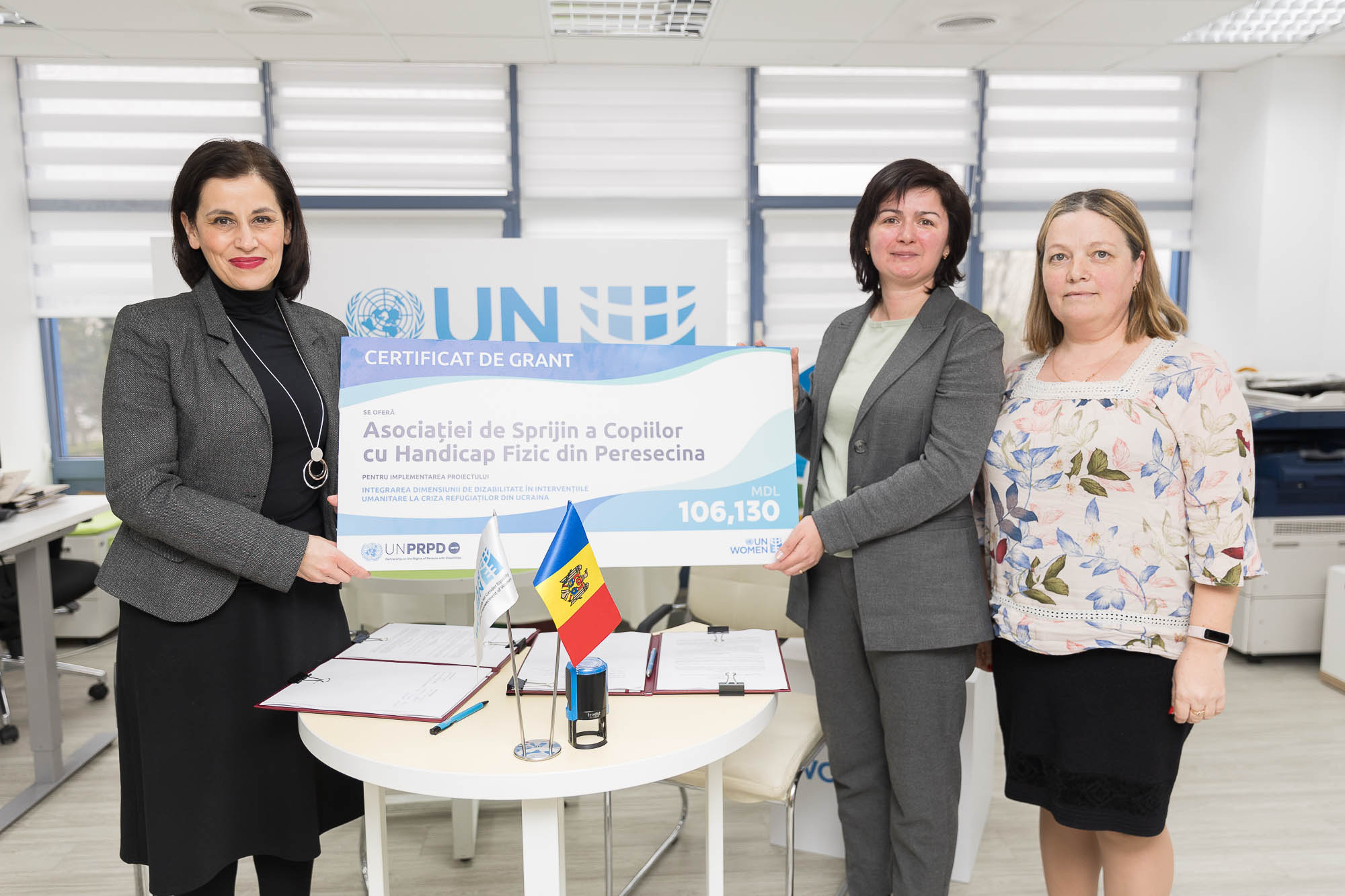
The event took place within the project "Integrating a disability dimension into humanitarian interventions for the Ukrainian refugee crisis," which was developed in the context of the United Nations Partnership on the Rights of Persons with Disabilities (UNPRPD). Through this project, UN Women Moldova aims to support civil society organizations in providing services for people with disabilities and developing gender-sensitive domestic policies that promote a culture of tolerance, equality and non-discrimination.
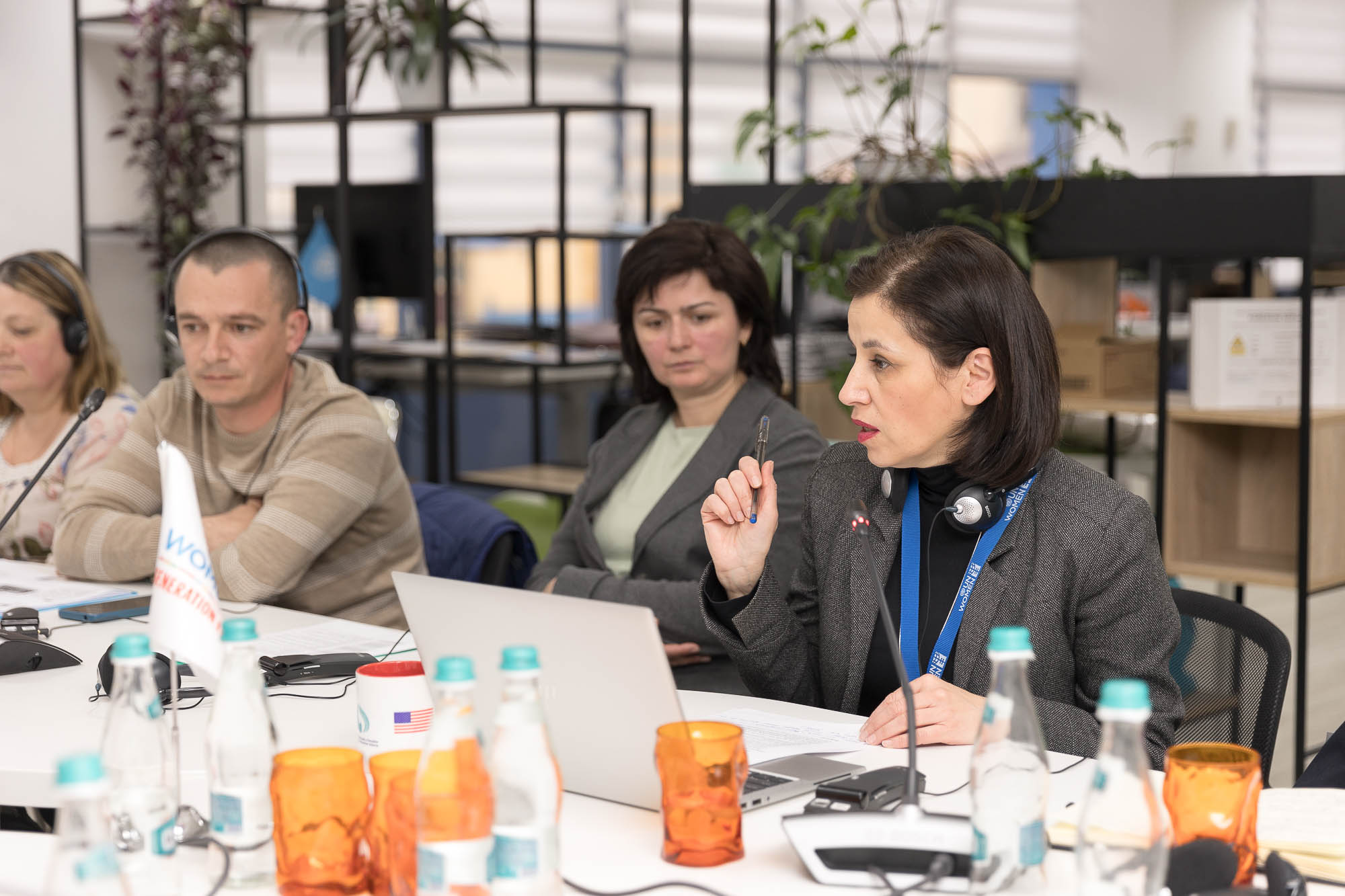
In her greeting speech to commence the event, Dominika Stojanoska, UN Women’s Country Representative in Moldova, said that these grant contracts are important for integrating a disability dimension into activities. “The integration of women with disabilities is a very necessary and timely one, especially for women refugees or disabled women who have had to leave their homes and go to another country where they often encounter different barriers and integration difficulties related to language, accessing certain services, travel and moving freely,” she said. “These grants were created to ensure the rights of all women to integrate easily into society and become active.” She also discussed how the institutional development of civil society organizations and forming different partnerships for people with disabilities could help propel gender equality. “The grants are also a way to open new doors and lay the groundwork to implement concrete projects in the future, a fact highlighted by our previous partners who said that institutional empowerment helped them subsequently benefit from grants from other donors,” she said. “I am grateful for the chance to award these grants, and I am glad that they open up new opportunities!”
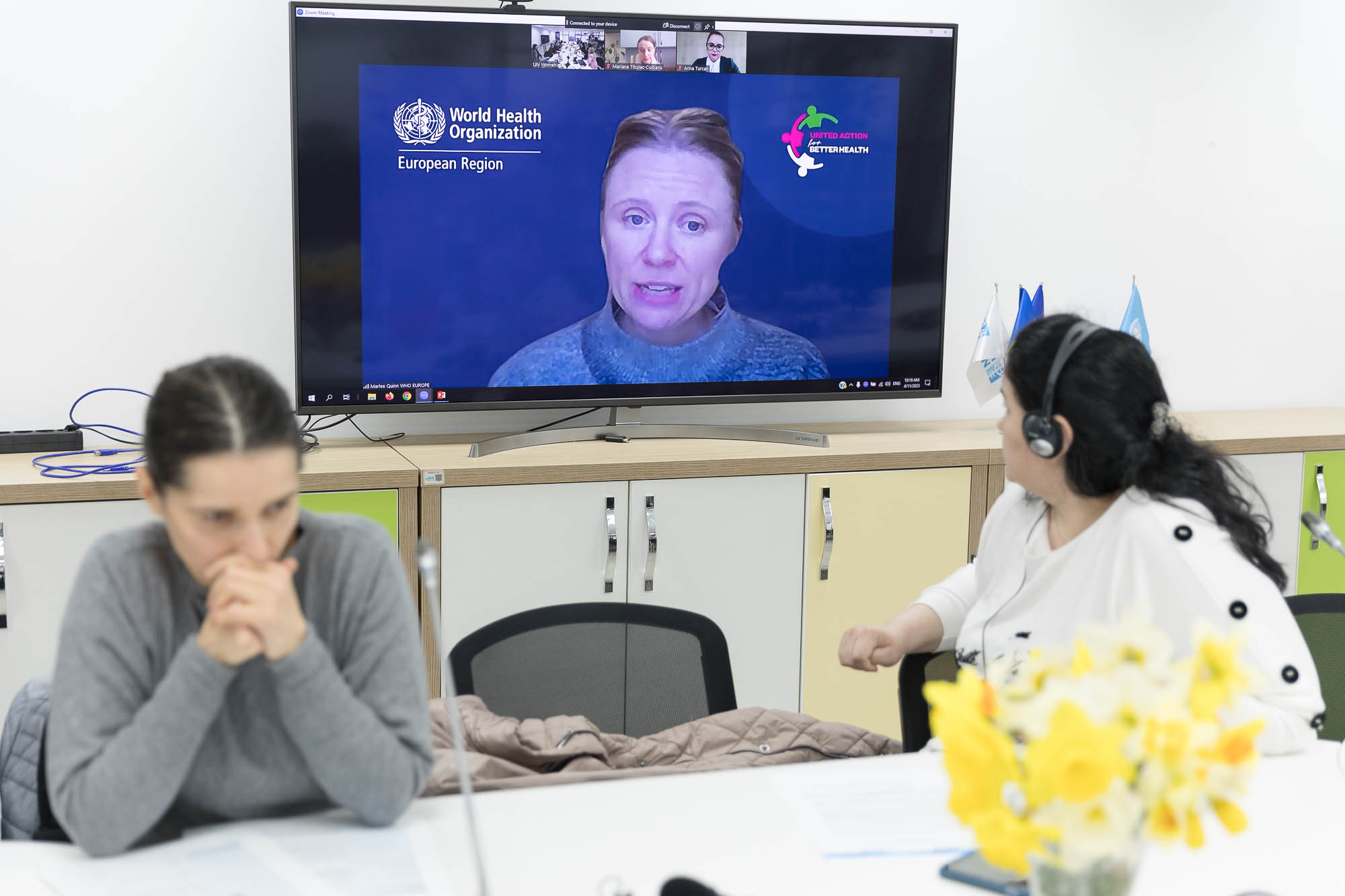
Marlee Quinn, a Regional Advisor on disability inclusion for the World Health Organization’s Europe office, said that this programme would take place in both Moldova and Georgia. "From a regional perspective, this project is very important not only for implementing UN Agencies but also for every system in which each of us operates,” she said. “When we talk about a disability dimension, we are not just targeting a particular group – we are trying to create certain, specific privileges related to their integration.” She said that there are many people with disabilities who have lost their homes and become refugees, and they face significant barriers that people without disabilities do not feel. “This project is funded by the United Nations Partnership for Persons with Disabilities, [and] this is why it is very important that these grants help identify problems or barriers to inclusion, in order to eliminate them,” she said. “We know that removing them will create opportunities for equal access to services among all refugees, whether they have a disability or not".
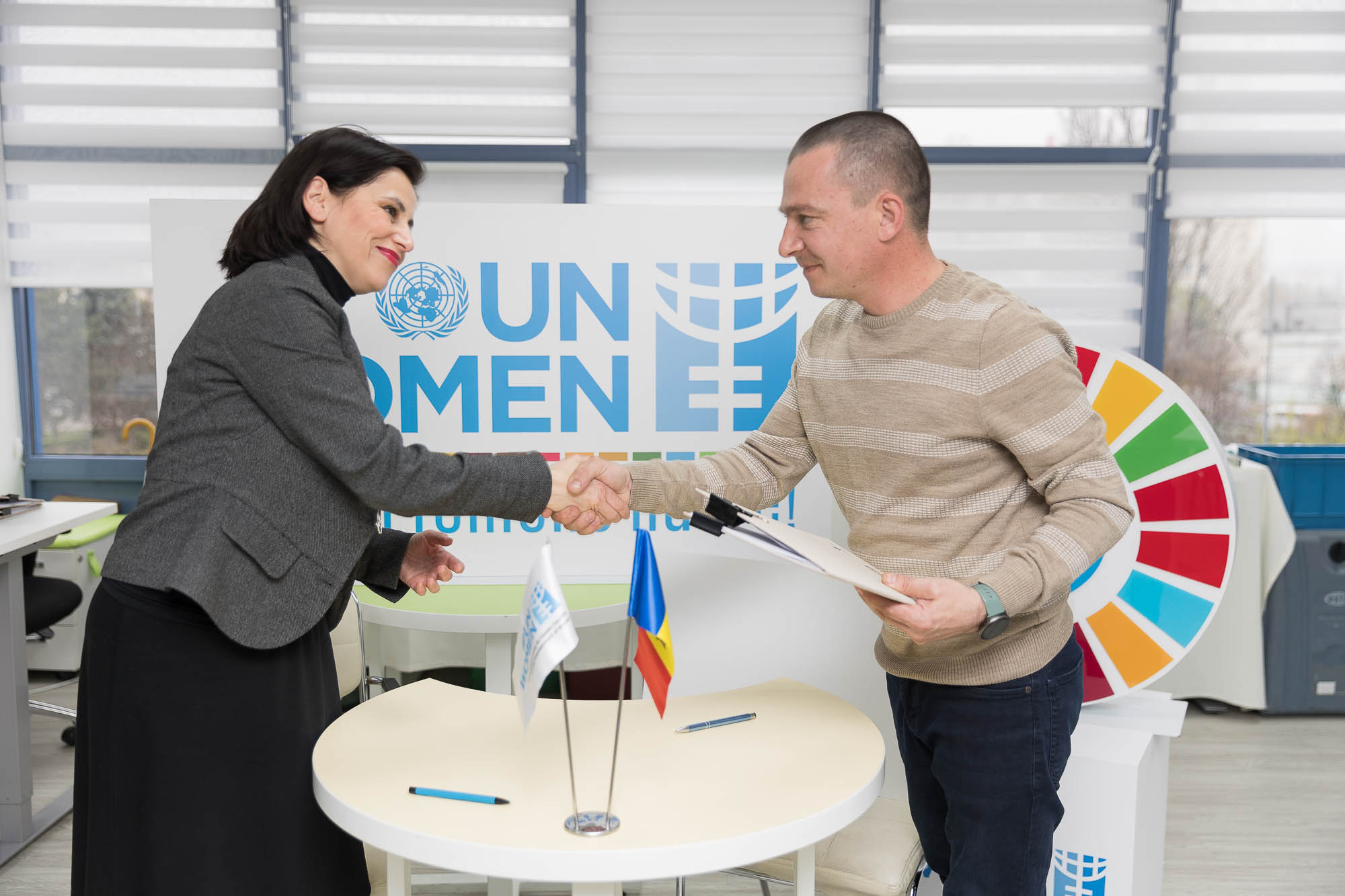
The project aims to achieve several important objectives, but its main goal is to increase the capacity of national organizations to support, develop and integrate a disability dimension into programmes for individuals or refugees in Moldova.
Quinn also brought up the fact that the Moldovan government is reforming its system of determining who qualifies for disability services. The current system is based on a medical approach, but the new system will be based on how individuals interact with their physical environment and what barriers they face, etc. "We are also working on improving social protection for children with disabilities, increasing access to sexual and reproductive health services, improving access to the physical environment and adapting jobs for people with disabilities, with the goal of eliminating stigmatization and stereotypes,” she said. “People with disabilities often state that attitudes toward them represent a greater disability than the very disability they have".
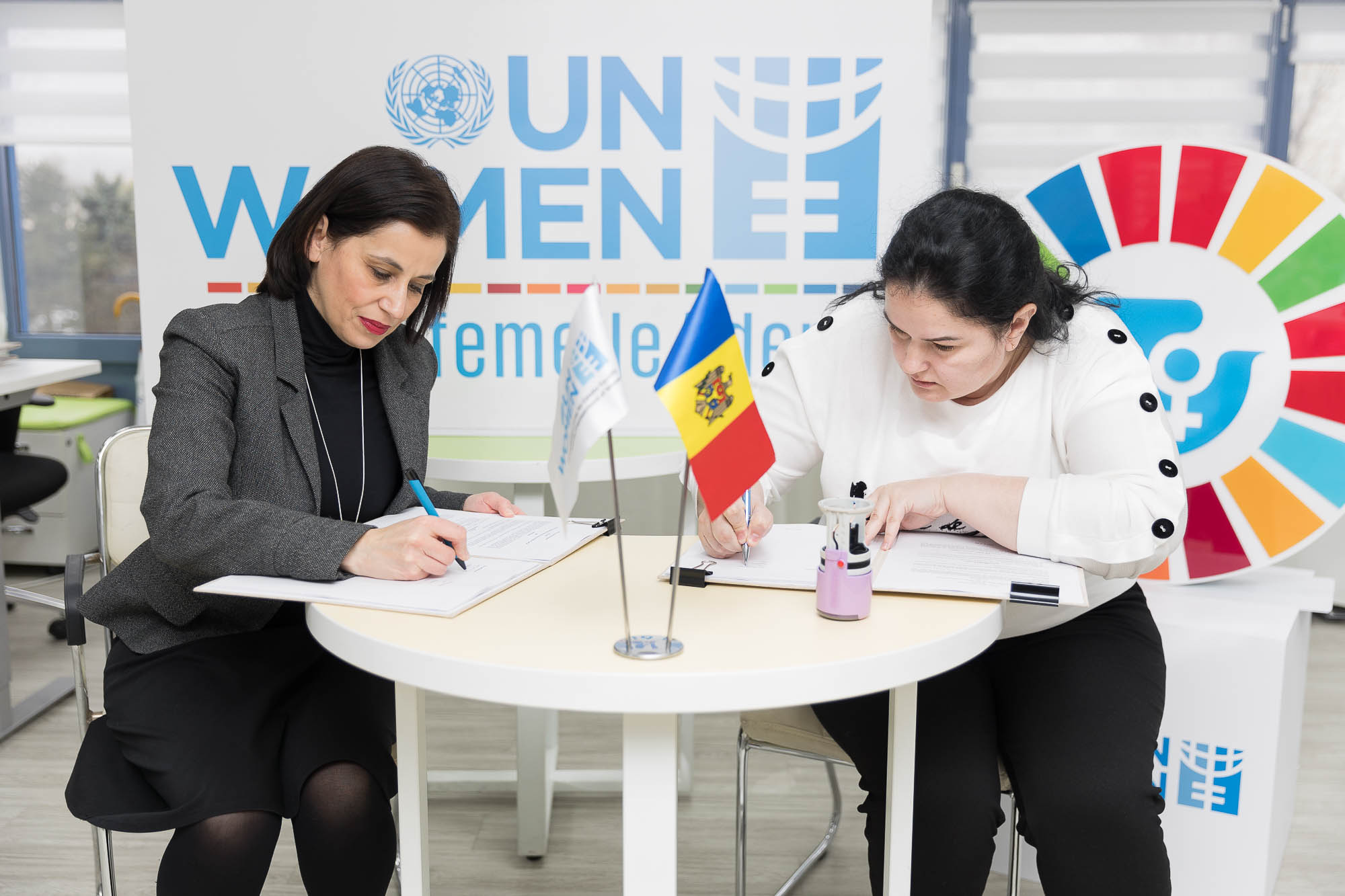
The four organizations benefiting from a grant are: Society of Persons with Disabilities of the Republic of Moldova, Sustainable Social Services, Comrat Legal Clinic and the Public Association of Children with Physical Disabilities in Peresecina, Orhei.
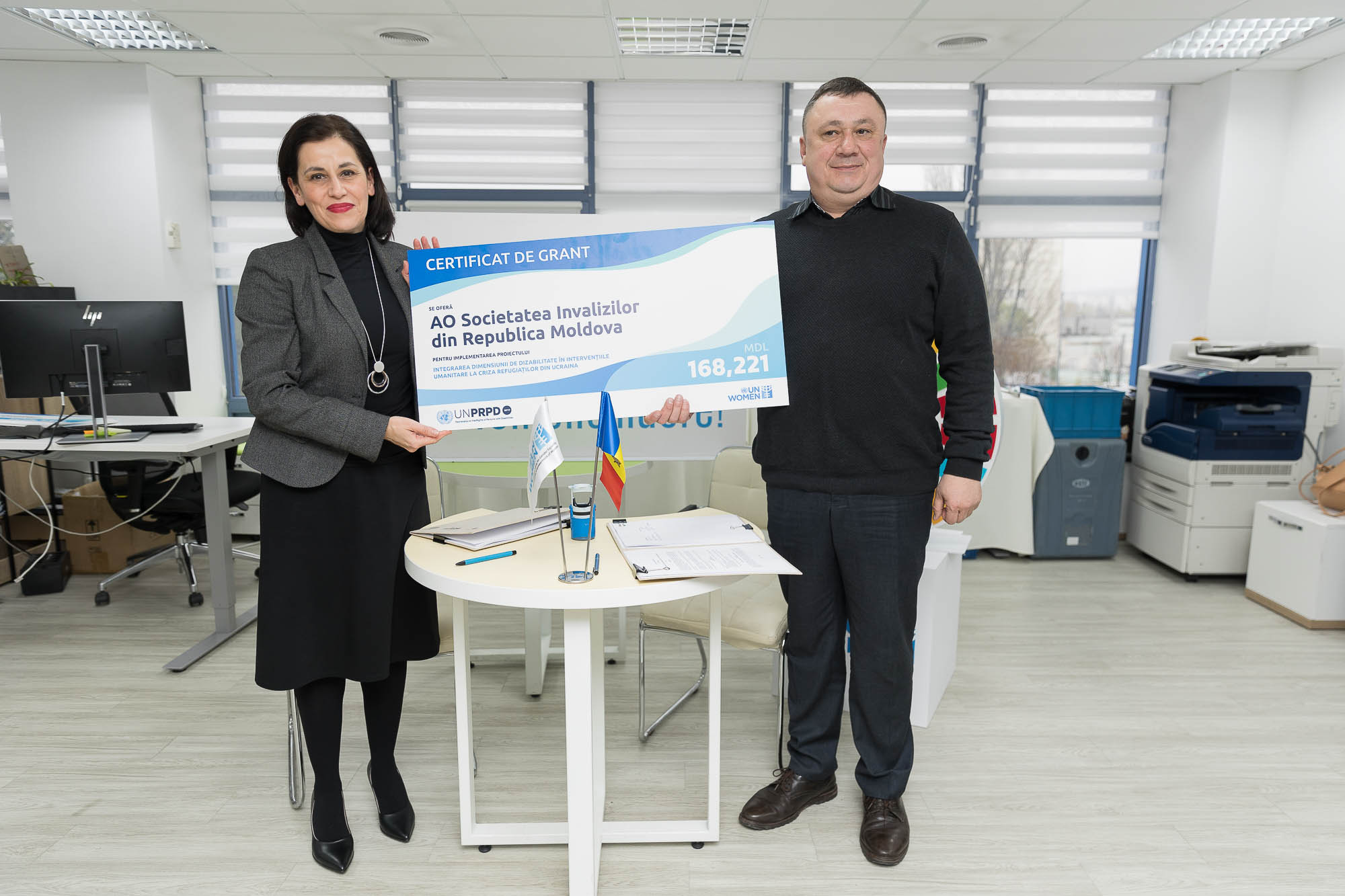
Ana Răchieru, a representative of the Association of Children with Physical Disabilities in Peresecina, Orhei, said the grant will allow them to strengthen the institutional capacities of their organization, broadening the spectrum of services they provide to people with disabilities, including refugees. “It will also allow us to set priority directions and objectives and develop a communication strategy based on ensuring gender equality and the rights of persons with disabilities,” she said. “This support will allow us to purchase a series of equipment for conducting training and mentoring sessions and create a webpage for the organization, giving us more visibility and credibility not only at the local level but also on a national and even international level.”
After receiving and signing the grant certificates through the Small Grants Programme for Civil Society Organizations, the beneficiaries attended an information meeting on project implementation and the reporting process.